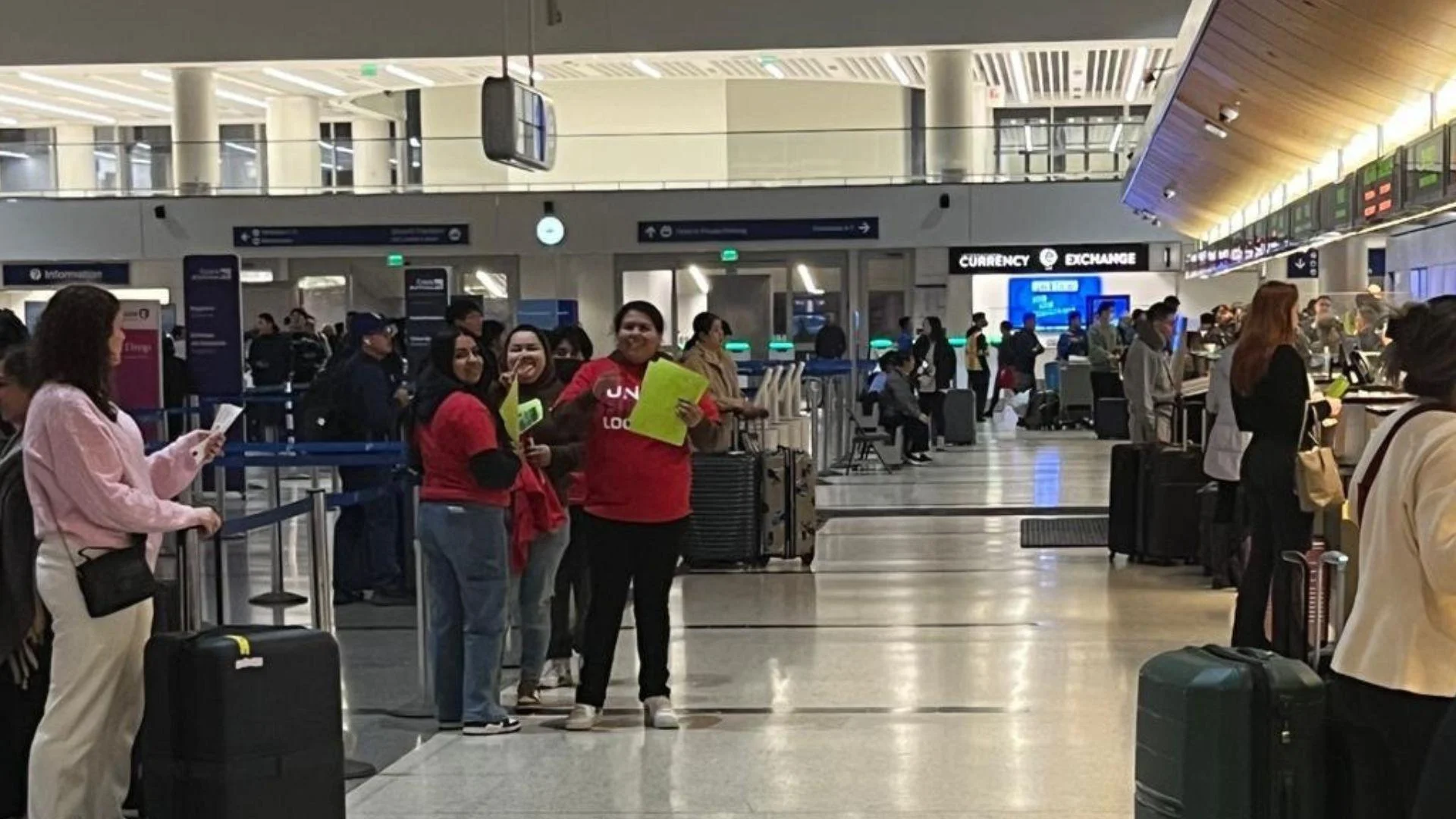The process of reporting company flaws is fraught with personal and professional risks for employees. More than 90% of complaints between 2020 and 2023 resulted in no violations being identified by the FAA. Complaints lacking sufficient information or involving repeat allegations already under investigation are often dismissed early on.
Former FAA employee Jason Brock shared his experience with The Seattle Times. After filing a complaint about being asked to perform tasks beyond his qualifications, Brock's complaint was rejected by the agency’s Office of Audit and Evaluation. He later appealed his firing through the FAA-run Guaranteed Fair Treatment program but faced delays due to workforce shortages. "Guaranteed Fair Treatment Program? Yeah, right," he said.
Santiago Paredes, another whistleblower who worked at Spirit AeroSystems as a quality inspector for over ten years, reported manufacturing flaws that went unaddressed. He eventually resigned and moved away from Wichita with his family due to repercussions from his actions.
Whistleblowers often self-finance their cases against large corporations equipped with legal teams and lobbyists. Jackie Garrick, president and CEO of Whistleblowers of America, remarked on this imbalance: “It’s a David versus Goliath power imbalance.”
Whistleblower advocates criticize the FAA's claim that its whistleblower processes are independent. Tom Devine, an attorney specializing in whistleblower cases, noted that oversight agencies can be influenced by industries they regulate.
In response to these findings, Simple Flying reached out to the FAA for comments. A spokesperson stated: “Voluntary reporting without fear of reprisal is a critical component in aviation safety... The Office of Audit and Evaluation is an independent body within the FAA.”
 Alerts Sign-up
Alerts Sign-up




































